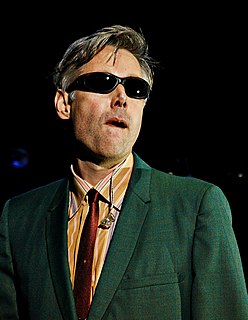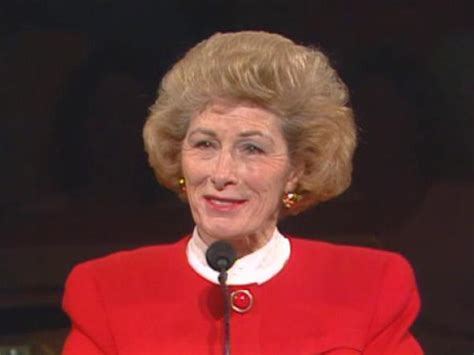A Quote by Jay Maisel
Sometimes as you work, you find that you are learning things about your own perceptions and motivations that are way below you consciousness. If you get lucky, you recognize what you are doing, but all too often we don't find the connection between our work and our own motivations.
Related Quotes
While people argue with one another about the specifics of Freud's work and blame him for the prejudices of his time, they overlook the fundamental truth of his writing, his grand humility: that we frequently do not know our own motivations in life and are prisoners to what we cannot understand. We can recognize only a small fragment of our own, and an even smaller fragment of anyone else's, impetus.
The fruit of our labors is sweet when the work is consecrated to God. But we have to be able to weather the conditions - the winds, the rain or the drought, the brilliant sun and sometimes the bitter cold. Sometimes our work needs to be directed at improving our ground rather than excusing our own harvests because the place we have been given is a little hard; there are too many rocks, too many hills, too little top soil. If we focus on where we are instead of what we can do with our plot, we will find our efforts significantly diminished.
In America, the stories we tell ourselves and we tell each other in fiction have to do with individualism. Every person here is the center of his or her own story. And our job as people and as characters is to find our own motivations and desires, to overcome conflicts and obstacles toward defining ourselves so that we grow and change.
We hurt each other, is the point. Hurt, annoy, embarrass, but move on. People, it just doesn't work that way. Your own feelings get so complicated that you forget the ways another human being can be vulnerable. You spend a lot of energy protecting yourself. All those layers and motivations and feelings. You get hurt, you stay hurt sometimes. The hurt affects your ability to go forward. And words. All the words between us. Words can be permanent. Certain ones are impossible to forgive.
I'm the lucky father to two young men. When any of your kids, and your parents feel this way about you, clearly, when your kids find what they love to do and they throw themselves into it, and they find joy in the doing of it, and it's actually work that's honorable, and, you know, all of those things, it's a great feeling.
We can find true refuge within our own hearts and minds-right here, right now, in the midst of our moment-to-momen t lives. We find true refuge whenever we recognize the silent space of awareness behind all our busy doing and striving. We find refuge whenever our hearts open with tenderness and love. We find refuge whenever we connect with the innate clarity and intelligence of our true nature.
I've been naturally quick at learning things, and I learn by doing things, so if I sit beside someone who is actively doing something, I look at how they do it and absorb the way in which they do something and find my own comfortable way of reimagining that, or using certain techniques in my own way.




































